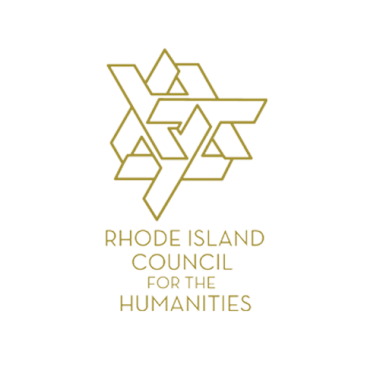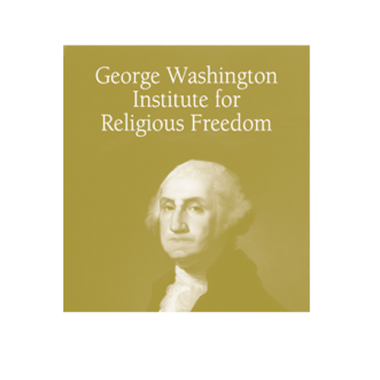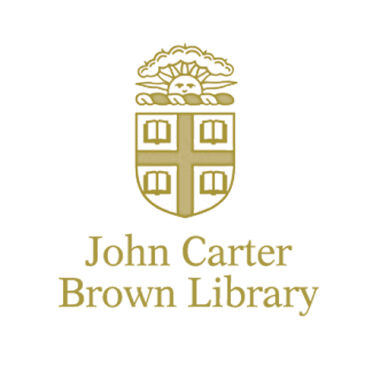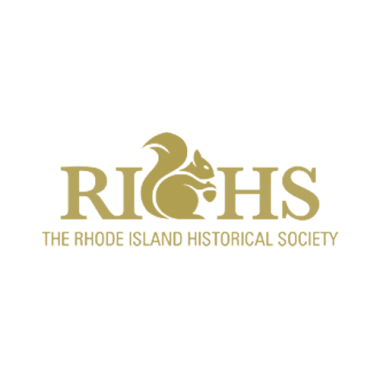BLOG
“God requireth not a uniformity of religion to be enacted and enforced in any civil state:” A Conclusion and an Invitation
“Men’s consciences ought in no sort to be violated, urged, or constrained:” Treatment of Native Americans
African Spirituality in Newport
“To bigotry no sanction, to persecution no assistance:” The Jewish Community in Newport
“Be still and cool in thine own mind and spirit:” Quakers and the Great Friends Meeting House in Newport
Division Street: A Microcosm of Colonial Newport
“A Plan of the Town of Newport in Rhode Island:” Newport’s Colonial Landscape
EVENTS
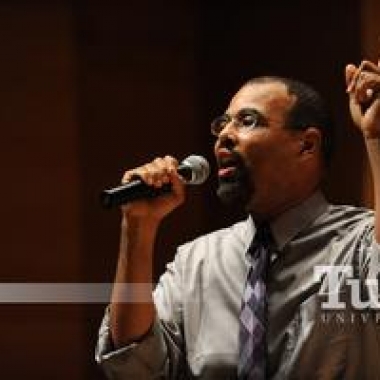
Third Day Gospel Choir in Concert
The Tufts University Third Day Gospel Choir, the Gospel Ensemble Confirmation and Director David Coleman present traditional and contemporary gospel music.
LEARN MORE
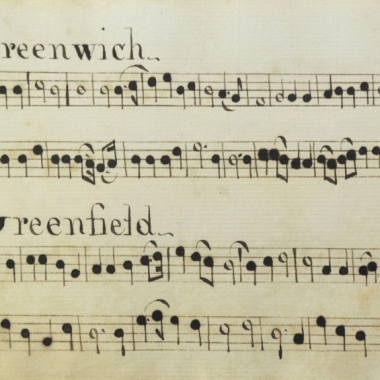
Norumbega Harmony
A concert of early American music at Trinity Church, Newport RI on October 26th at 7 pm.
Norumbega Harmony practices the tradition of the itinerant signing school that gave birth to Sacred Harp singing. The group’s repertoire consists of music from the colonial and Revolutionary era of new England as well as music from the Sacred Harp and American folk hymn traditions.
LEARN MORE

“No Person Shall Bee Anywise Molested”
A conference on the role of religious tolerance in society.
More than 40 scholarly papers – by historians, legal scholars, journalists and others – will be presented on topics ranging in time and space from 17th century England through colonial American to 20th century Seattle. The conference will include two public keynotes, one each in Newport and Providence.


